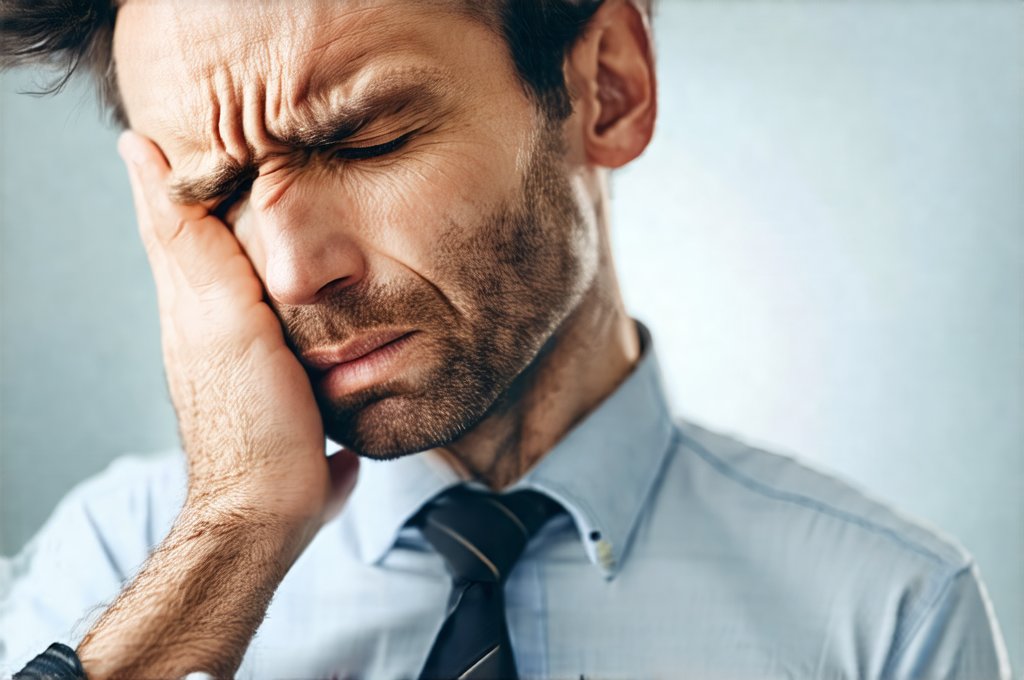The relationship between chronic stress and various health conditions is well-established, but its impact on prostate health – particularly prostatitis – is an area gaining increased attention. Prostatitis, encompassing both bacterial and non-bacterial forms, can significantly affect a man’s quality of life due to pain, urinary difficulties, and sexual dysfunction. While direct causal links are often difficult to prove definitively, emerging research suggests that prolonged periods of high stress may exacerbate existing prostatitis symptoms or even contribute to its development in susceptible individuals. Understanding this potential connection is crucial for holistic prostate health management.
Many men experience significant stress from demanding jobs, financial pressures, relationship issues, or other life challenges. These stressors trigger the body’s “fight-or-flight” response, leading to physiological changes like increased muscle tension, elevated heart rate, and hormonal imbalances – specifically increases in cortisol and adrenaline. While these responses are adaptive in acute situations, chronic activation of the stress system can have detrimental effects on multiple bodily systems, including the immune and nervous systems which play key roles in prostate health. This article will explore the potential ways a high-stress job (or any chronically stressful situation) might impact prostatitis, and what strategies can be employed to mitigate these risks.
The Stress-Prostate Connection: A Complex Interplay
The link between stress and prostatitis isn’t straightforward. It’s not about stress causing prostatitis in every case; instead, it’s more accurate to say that chronic stress can act as a significant contributing factor or exacerbating element for men already predisposed to the condition. The prostate gland is intimately connected to the nervous system, making it particularly sensitive to stress responses. When stressed, muscles throughout the pelvic region – including those around the prostate and bladder – tend to tense up. This prolonged muscle tension can contribute to inflammation and pain, mimicking or worsening prostatitis symptoms.
Furthermore, chronic stress weakens the immune system, making individuals more vulnerable to infections (in cases of bacterial prostatitis) and less able to effectively manage inflammatory responses in non-bacterial forms. Cortisol, the primary stress hormone, while initially anti-inflammatory, can suppress immune function over time, leaving the body less equipped to fight off infection or modulate inflammation. This creates a vicious cycle: stress leads to weakened immunity, which increases susceptibility to prostatitis symptoms, which then further increases stress and anxiety.
The psychological impact of chronic stress shouldn’t be overlooked either. Men experiencing persistent pain and urinary difficulties often develop anxiety and depression, creating a negative feedback loop that amplifies their physical symptoms. This emotional distress can also affect lifestyle factors like sleep quality and dietary habits, further compromising overall health and potentially worsening prostatitis.
How Job-Related Stress Specifically Impacts Prostate Health
High-stress jobs are notorious for demanding long hours, intense pressure, and limited control – all characteristics that contribute to chronic stress activation. Jobs requiring prolonged sitting (like many office positions) can also exacerbate pelvic floor muscle tension, which, as previously discussed, can impact prostate health. The constant mental strain associated with high-pressure roles can lead to increased cortisol levels and a dysregulation of the hypothalamic-pituitary-adrenal (HPA) axis – the body’s central stress response system.
Moreover, individuals in highly stressful jobs may be less likely to prioritize self-care practices like regular exercise, healthy eating, and adequate sleep, all of which are vital for maintaining immune function and reducing inflammation. They might also resort to coping mechanisms like smoking, excessive alcohol consumption, or poor dietary choices, further compromising their health and potentially increasing the risk of developing or worsening prostatitis symptoms. It’s important to remember that proactive stress management isn’t just about feeling better emotionally; it’s about protecting physical health too.
The Role of Pelvic Floor Dysfunction
Pelvic floor dysfunction is frequently implicated in chronic prostatitis/chronic pelvic pain syndrome (CP/CPPS), the most common form of non-bacterial prostatitis. Stress directly contributes to this dysfunction through increased muscle tension. A tense and overactive pelvic floor can constrict blood flow to the prostate, leading to inflammation and pain. It also interferes with proper bladder emptying, causing urinary frequency, urgency, and discomfort.
- Biofeedback therapy: This technique helps patients learn to control their pelvic floor muscles effectively, reducing tension and improving function.
- Pelvic floor physical therapy: A trained physical therapist can guide exercises designed to release muscle tightness and restore optimal pelvic floor mechanics.
- Mindfulness practices: Techniques like meditation and deep breathing exercises can help reduce overall stress levels and decrease pelvic floor muscle tension.
The Impact of Cortisol on Inflammation
Chronic elevation of cortisol, a hallmark of prolonged stress, significantly impacts the inflammatory processes within the body. While acute cortisol release initially suppresses inflammation, chronically high levels actually disrupt the immune system’s ability to regulate itself effectively. This can lead to chronic low-grade inflammation throughout the body – including in the prostate gland.
- Dietary modifications: Reducing intake of pro-inflammatory foods (processed foods, sugary drinks, red meat) and increasing consumption of anti-inflammatory foods (fruits, vegetables, omega-3 fatty acids) can help modulate inflammatory responses.
- Regular exercise: Moderate physical activity is a powerful anti-inflammatory agent, helping to regulate cortisol levels and boost immune function.
- Adequate sleep: Aim for 7-9 hours of quality sleep per night, as sleep deprivation exacerbates inflammation and stress hormone imbalances.
The Gut-Prostate Axis & Stress
Emerging research highlights the crucial connection between gut health and prostate health – often referred to as the “gut-prostate axis.” Chronic stress significantly disrupts the delicate balance of bacteria in the gut microbiome, leading to dysbiosis (an imbalance in gut flora). This disruption can compromise immune function, increase intestinal permeability (“leaky gut”), and promote systemic inflammation.
- Probiotic supplementation: Consider incorporating probiotic-rich foods or supplements into your diet to restore a healthy gut microbiome.
- Prebiotic intake: Prebiotics feed the beneficial bacteria in the gut, supporting their growth and activity. Good sources include onions, garlic, bananas, and asparagus.
- Stress management techniques: Reducing stress levels will positively impact the gut microbiome and overall health. If you are experiencing urinary retention, it is important to understand can urinary retention be a sign of prostatitis.
It’s essential to remember that managing prostatitis effectively requires a multi-faceted approach addressing both physical and psychological factors. While medication may be necessary in some cases, incorporating stress reduction strategies, pelvic floor therapy, dietary modifications, and lifestyle changes can significantly improve symptoms and enhance quality of life for men experiencing this challenging condition. Additionally, understanding if can riding a bicycle cause or worsen prostatitis is important to consider your lifestyle choices. It’s also wise to evaluate whether can bicycling seats worsen prostatitis. Consulting with healthcare professionals – including doctors, therapists, and specialized physiotherapists – is crucial to developing a personalized treatment plan tailored to individual needs and circumstances.





















